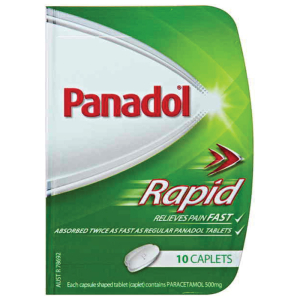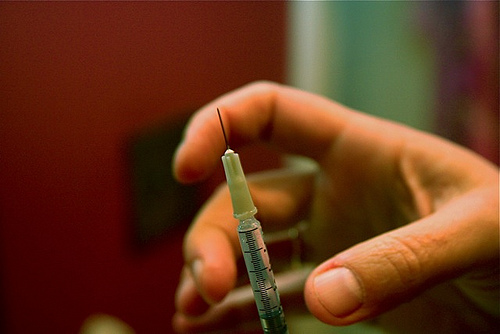There are plenty of ethical considerations around an athlete’s return to play, but HSC PDHPE only require you to learn two (2):
Ethical consideration 1 – the pressure to participate
Pressure to participate and return to play is an ethical consideration within Sports medicine. All athletes, regardless of their level of competition feel pressure to participate in competition. However, there is no doubt that more pressure is placed upon the elite athlete than a novice. Pressure to participate can be both internal (from the athlete) and external (placed upon the athlete).
External pressure
External pressure to participate in competition before the athlete is ready can come from coaches, teammates, and fans. But external pressure can also come from financial or sports ranking loss while not competing. Coaches can see their players as a commodity and see to get from their athlete what they are costing the club. Teammates, may need the athlete to return because they care such a vital member of the team and they want to win. Fans pressure athletes to return early as they also want to see their side winning.
Internal pressure
The most dangerous pressure comes from the athlete themselves. Athletes are often very driven and motivated people. They want to succeed, they don’t want to let their teammates, fans or coaches down, but mostly they want to be involved. Many athletes compete in a sport they love, and sitting on the sideline is hard. This pressure can cause them to return to play early, or to lie to the medical staff about symptoms they are experiencing in order to return faster.
It is unethical for coaches and other staff to place external pressures upon the athlete to return to play before they are ready. It will lead to greater injury, more time off the field and can destroy an athletes career.
Ethical consideration 2 – use of painkillers
The use of painkillers in order to return an athlete to play is another ethical consideration. Pain exists to tell the athlete when a particular movement causes further damage to the body. Pain is an indicator that injury is occurring or has occurred. To stop an athlete from being able to feel pain will lead to the athlete causing greater injury to their body because they will not be able to identify when a movement is causing further injury and will not be able to modify their movements accordingly.
There are also the considerations around the type of drug and its concentration. It may be ethical for an athlete to use Panadol or Neurofen, but is it ok for them to use an opioid (narcotic) drugs such as: codeine, methadone or morphine? Ethical considerations also come with who is administering the painkiller. Is it ok for the athlete to inject themselves, or should it be measured and administered by a qualified medical practitioner? All of these affect the safety and ethical consideration around painkillers.
However, there will be times when the athlete and their medical team will decide to use pain killers anyway. This is often in high-pressure matches or when there is a long break coming after the competition. An example, might be an athlete who suffers a level 1 hamstring strain during the grand final or in the last game of their career (such as Justine Hodges in 2015). They are likely to risk further injury and continue to compete because they know they have 3-6 months to recover afterwards, and they may win the trophy, and possibly a large pay packet to go with it.
There is greater pressure during an individual sport than in a team sport, because often a substitution can be made in a team sport, but to pull out as an individual guarantees the loss. Athlete’s and their medical team need to weight up the risks and rewards of the use of painkillers during competition. This ethical consideration should not be taken lightly, especially for a young athlete beginning their career.
Should athletes be allowed to use painkillers in order to compete when injured?
To answer this question, the ethical considerations around painkiller use should be addressed. Is the risk of further injury high, and if so, how long do they have after the competition to recover? What pressures are being placed on the athlete in order to continue to play or return to play early? Has the athlete been checked and given a medical clearance?
All of these ethical considerations need to be addressed when considering if painkillers should be allowed. There are times when painkillers are used simply to relieve pain from a muscle spasm, with no injury, in such cases the use of painkillers may be ethical. While an injury such as a torn hamstring in a young player early in the season, may make the use of painkillers unethical, because it places the athletes wellbeing at great risk, with little or only short term gains.
These are just some of the ethical considerations for return to play.

